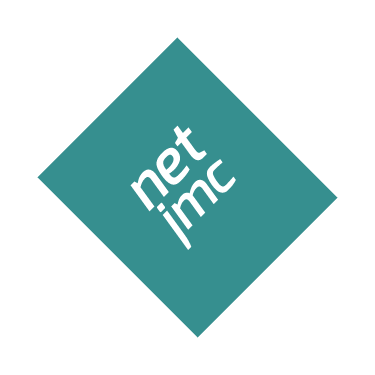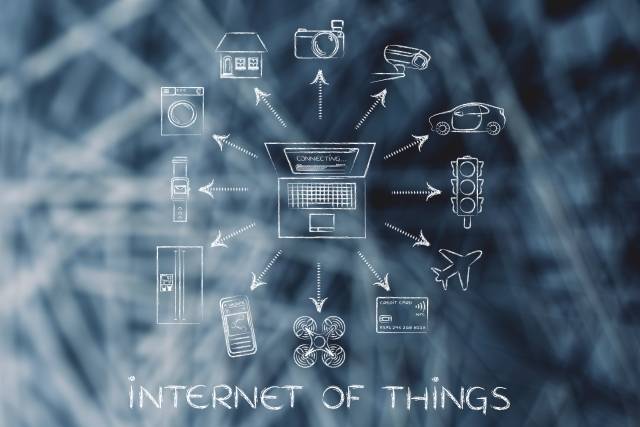
© Net Jmc. All rights reserved.



24,000 GIGABYTES
BLOG
This is the number of people who have a
cell phone.
It's a bit scary, when you think that the
entire world population is about 7.5
billion people.
It's also a sign of progress; it shows that
even people in less richer countries can
afford a cell phone these days.
Also, about 200,000 people buy a tablet
each day.
5 BILLION
That is the amount of data that's
uploaded on the Internet each second,
according to Webpage FX.
To give you an idea, a high quality video
that lasts for an hour needs 2-3 GB of
data. It's as if the YouTube users would
upload 10,000 full movies each second!
It's not all about video, though; people
create about 2,000,000 Facebook posts
each minute, for example.
Internet of Things Explained
I can't blame you: there is a lot of contradictory information about IoT on the Internet, so
it's normal to be a bit confused. Read this article to learn the basics.
Internet of Things is here to stay. And since there is so much money to be made in this
industry sector (hundreds of billions!), things can only move forward. We've got smart
lightbulbs, smart vehicles, smart watches, smart locks, and the list could go on and on. And
they're all Internet of Things devices!



So, why are these devices called "smart"? Truth be told, there isn't anything smart about
them. Their creators are smart people, though, and they have designed great hardware and
software to make our lives easier. And there are some smart marketing people, who have
attached the "smart" tag do these IoT devices.
At a hardware level, an IoT device consists of low power, inexpensive CPU that includes a
Wi-Fi module and is coupled with various sensors, which can measure sound levels, light
levels, temperature, user movement, heart rates, and so on.
These devices connect to the Internet and can exchange data with their users, or amongst
them. They can be controlled using a mobile application that's installed on your
smartphone.
It's a new industry sector, and it's growing exponentially. There are some challenges,
though.
The most serious one is user privacy. Companies have invented smart locks that are
supposed to secure your home, and you can unlock them easily, by using your smartphone.
Everything works great in theory (and sometimes, even in practice), but only until a hacker
gets access to those locks.
Or take a smart thermostat as an example. You could program it to start heating your home
an hour before your arrival. But if a hacker gets access to this data, it will be really easy for
him to find out when you aren't at home.
Going beyond data privacy and security, IoT makers need to come up with a unified, open
standard that will allow various "smart" devices, which are produced by a large array of
companies, to exchange data easily. As always, manufacturers are divided, supporting
several standards.
Qualcomm, the popular maker of the ARM CPUs, supports the AllSeen Alliance, for example,
which was founded in 2013 and is supported by Microsoft, Sony, LG and several other big
names.
On the other hand, other companies (Samsung, Intel, Broadcom, etc.) have joined the
Open Connectivity Foundation, which was founded a year later.
I guarantee that it's going to be a long war, and many of the losers are going to go bankrupt
at its end.
So, is it the time to start replacing your fridge, coffee maker, door locks, and so on, with
IoT devices? My recommendation is to wait until the technology matures. Data privacy is a
serious concern at the moment, because these devices are invading our personal life and
may share our private data with their makers.
Soon, people will know when you arrive or leave your home, what TV programs you are
watching, how much you are exercising, and much more. We like it or not, IoT devices will
give the interested parties a simple way of monitoring our private activities.
It looks like a battle that the end user has already lost.